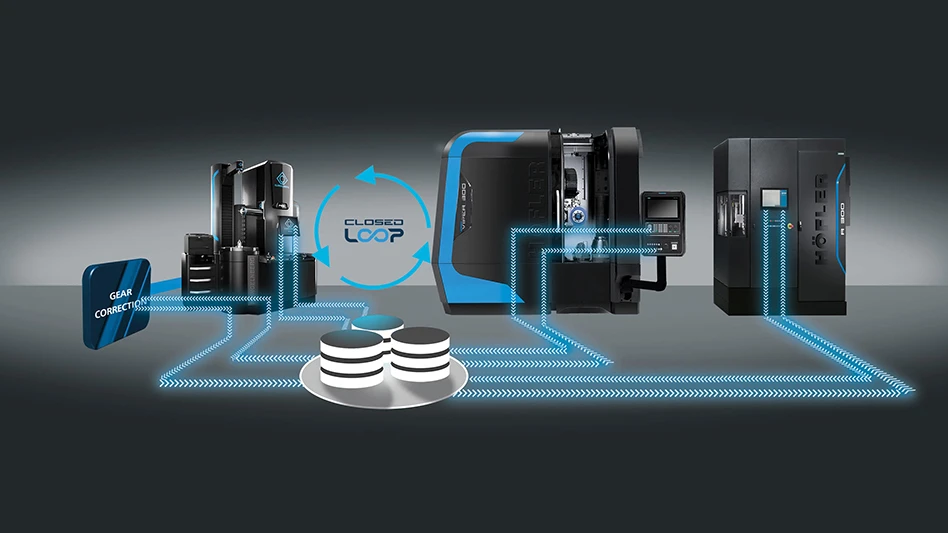Medical device manufacturing success depends on quality as it can be a life-or-death situation if a flawed product gets to market. Because of these stringent demands, manufacturers often feel their only choice is to invest in technology, more specifically automation. However, it’s not an investment in automation to replace employees but rather to supplement and support them. One key reason is that today’s automation doesn’t possess the level of cognition and dexterity required for many manual assembly tasks that production-line workers deliver. In fact, even with companies noting the need to invest in automation, 73% of manufacturers recently surveyed by Drishti agree that “the more manual you are, the more adaptable you are.”
So, there’s another choice beside automation and that would be people.
The Drishti survey of 400 manufacturers explored adaptability and efficiency in lean operations while also looking at the pandemic’s impact, productivity concerns, quality issues, supplier price increases, supply chain disruptions, and training/onboarding new employees.
“There’s a misperception in manufacturing, including in a number of lean manufacturing shops, that the performance of people has reached its peak,” says Dr. Prasad Akella, Drishti’s founder and chairman. “So, while manufacturers know that people bring a lot of strengths to the table in terms of flexibility, cognition, and problem- solving skills, they also assume they can’t be any more productive or mistake-proof. That’s simply not the case.”
It’s not a matter of humans versus automation, rather it’s taking the approach that the two together can achieve the best from both, but it will take more than the 33% of survey respondents who said they were investing in human-centric technology such as virtual or augmented reality (VR/AR) or sensors.
That’s what Drishti has set out to change. Its focus is to minimize production variables so people can work more efficiently and confidently. Drishti extends human capabilities in an increasingly automated world by creating data streams from manual activities on assembly lines, enabling true continuous improvement of human performance – at scale. Implementing AI-powered manufacturing technology via video analytics, data, and insights, the company brings benefits to manufacturers and employees by increasing productivity, quality, and standardized work adherence on manual assembly lines. In addition, the company has shown through user case studies that it can enable double-digit gains in efficiency and quality, proving that people can increase production when given the right tools.
What is your company doing to prepare and be adaptable to better weather the next external disruption – anything from natural disasters to political instability or global pandemics?

Explore the November December 2021 Issue
Check out more from this issue and find your next story to read.
Latest from Today's Medical Developments
- ZOLLER events will showcase the company’s cutting-edge innovations
- THINBIT’s MINI GROOVE ‘N TURN Acme threading inserts
- CMMC Roll Out: When Do I Need to Comply? webinar
- Metabolic research uses Siemens gas analyzers to deliver results with 99.9999% resolutions
- Mazak’s SYNCREX 38/9 Swiss-type production turning machine
- Current economic and geopolitical realities demand decisive action
- Collaboration to advance pediatric medical technologies
- Guyson's TR-1000 Custom Vertical Blast System





